
Why should it come as any surprise to see a Black woman in a white coat? Even with all the advancements across the centuries, Black women are woefully underrepresented among physiciansrepresenting barely more than two percent of them. And yet there is grand-scale history of Black women who disrupted the mold, did not merely contribute to the profession, but reimagined what health care can accomplish. Their impact extends far beyond their own livesbreakthroughs, shattered paradigms, lives saved in ways that continue to have impact throughout the system today.
This listicle shines the light on seven trailblazing Black women in medicine, their courageous firsts, and why their legacies still inspire and empower. Prepare to hear stories of determination, activism, and revolutionary changealong with a peek at why representation, mentorship, and pushing back against bias are more important than ever.
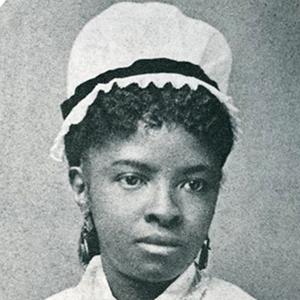
1. Dr. Rebecca Lee Crumpler: The First Black Woman MD
Dr. Rebecca Lee Crumpler’s career was pioneering in itself. In 1864, she was the first African American woman to ever graduate from medical school, a time when Black Americans and women were mostly denied the opportunity to continue their education. Her inspiration? A ministry to provide for those who had no other recourseespecially once-slaves and impoverished women and children.
Crumpler’s success did not stop at efficient treatment of the patients. She authored “A Book of Medical Discourses,” a groundbreaking medical book in a book by a Black doctor, with the expectation of becoming a specialist in maternal and pediatrics medicine. Her trailblazing opened the door for future generations of Black female physicians to follow, illustrating that brains and heart can achieve even the most daunting obstacles.
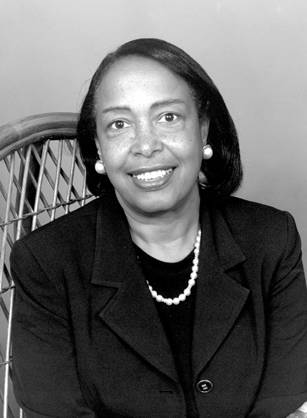
2. Dr. Patricia Bath: Cataract Surgery Visionary
When it comes to innovation, the credentials of Dr. Patricia Bath speak for themselves. The first African American woman to be the holder of a medical patent, she invented the Laserphaco Probe, which transformed cataract surgery and restored vision to millions of individuals all over the world. Not only did Bath’s device improve surgical outcomes, but it also made eye care affordable in third-world nations.
Bath’s influence did not remain in the lab. She was the first African-American woman to complete an ophthalmology residency at NYU and the first woman on the faculty at UCLA’s Jules Stein Eye Institute. Her struggle for diversity in the medical career of ophthalmology and prevention of blindness continues to shape the industry today. As she once described, “The ability to restore sight is the ultimate reward.”
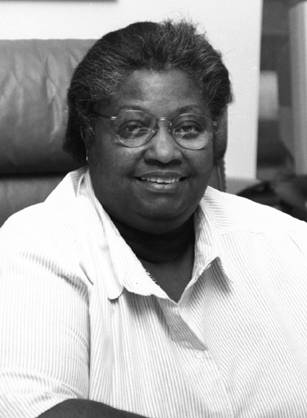
3. Dr. Alexa Canady: Shattering Barriers in Neurosurgery
Neurosurgery is notoriously elitist, yet Dr. Alexa Canady shattered glass in 1981 as the country’s first African American female neurosurgeon. Her specialty? Pediatric neurosurgery, where she worked on children who’d been battered by brain injury and tumorsthose who’d fallen between the cracks of the system.
As Chief of Neurosurgery at the Children’s Hospital of Michigan, Canady was a remarkably skilled surgeonshe was also a trailblazer, opening doors for Black women in medicine to follow. Her life is proof that representation matters: “If you see it, you can be it.”
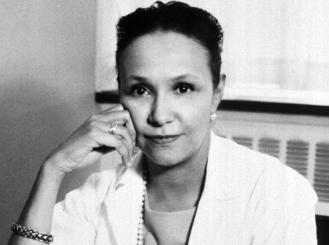
4. Dr. Jane Cooke Wright: Pioneer in Cancer Treatment
When Dr. Jane Cooke Wright joined the war on cancer, she redefined the playbook. A skilled chemotherapist, Wright was one of the first to experiment with chemo on patients’ tumors, opening the door to personalized cancer treatments that save lives today.
Wright’s leadership carried over into education and research as well. She was the most senior black woman at an American medical school in 1967 and taught and mentored hundreds of aspiring physicians. Her dedication to diversity in science is an inspiration for others working to beat cancer as well as health inequities.
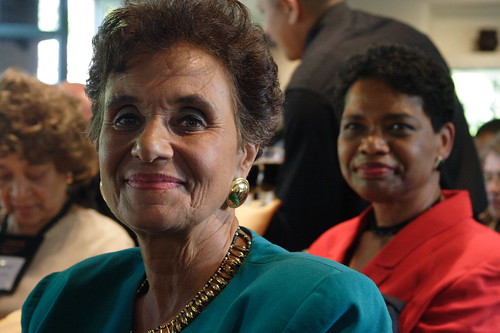
5. Dr. Marilyn Gaston: Sickle Cell Awareness Champion
Dr. Marilyn Gaston’s career transformed the diagnosis and treatment of sickle cell disease, which disproportionately affects Black communities. She was at the forefront of the push during the 1980s to institute large-scale newborn screening for sickle cell, an act that saved untold lives and ended misery for generations.
Gaston was also the first African-American woman U.S. Assistant Surgeon General, where she promoted public health policy guided by prevention and equity. Her legacy: a fairer healthcare system, thanks to her tireless activism.
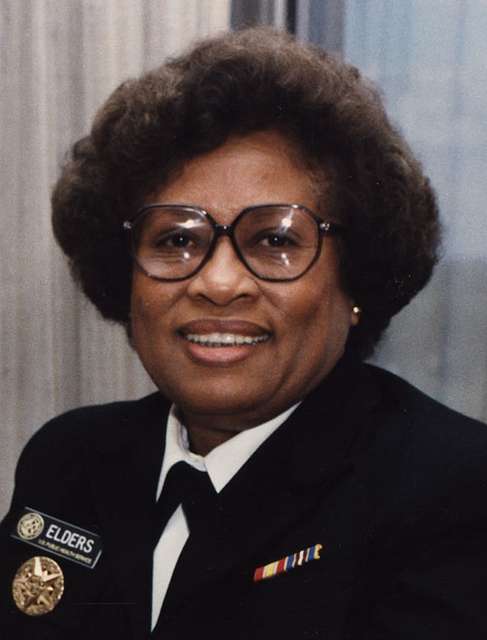
6. Dr. Jocelyn Elders: Tireless Champion of Public Health
As the first black female U.S. Surgeon General, Dr. Jocelyn Elders never blinked at calling it as she sees it. She promoted sex education, AIDS prevention, and de-stigmatization of mental illness-even if her positions attracted criticism. Elders once declared, “We’ve tried ignorance for a thousand years. It’s time we try education.”
Her unyielding stance redirected the course of public health policy and opened up public discourse on what had been taboo for so long. At ninety, Elders remains a strong advocate for healthcare reform and social justice.

7. The Power of Mentorship and Representation
Behind every pioneer is a communityand in the present day, mentorship programs are making sure the next generation of Black women doctors isn’t doing it without support as they navigate the system. Organizations like the Association of Black Women Physicians and Black Girl White Coat are filling the gap to “lift as we climb,” offering scholarships, guidance, and invaluable support from college to clinic.
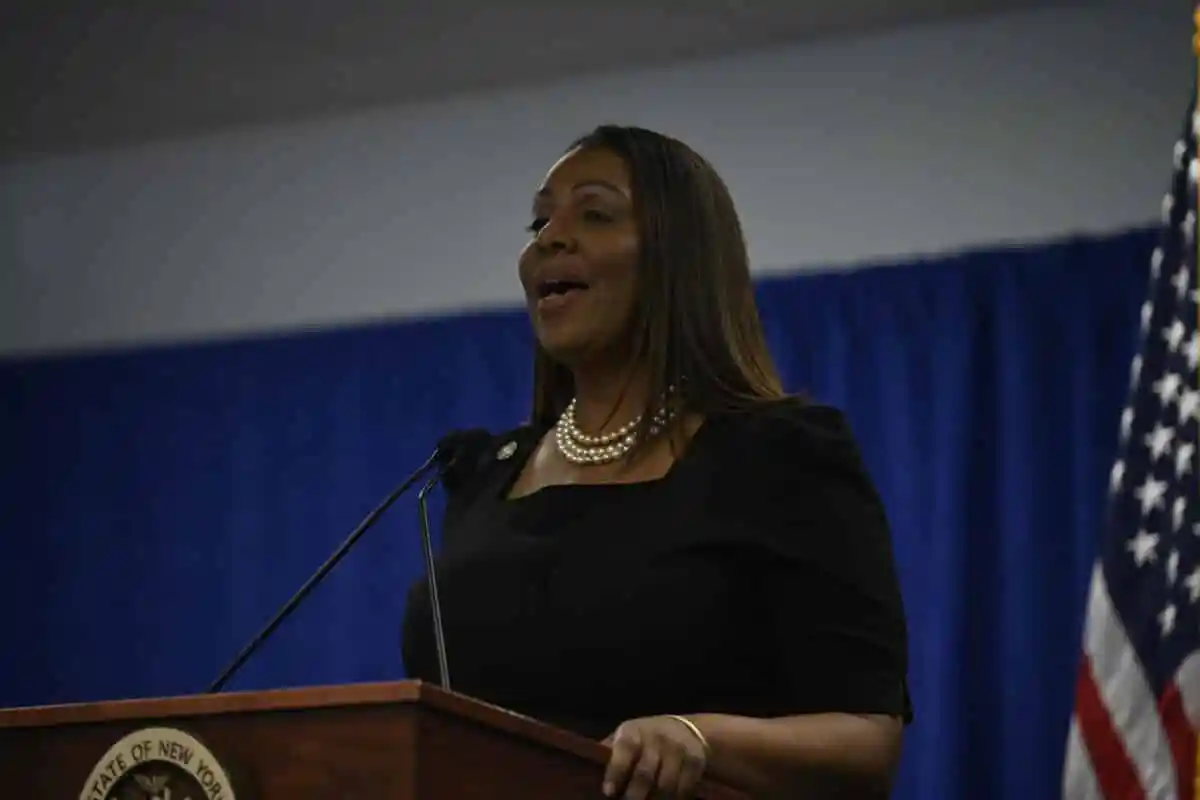
Mentorship isn’t merely intellectual direction’s about belonging, empowerment, and breaking the lingering biases in medicine. As Dr. LaTanya Hines puts it, “I want to be the one person in the medical student’s life to offer positivity and give direction, in order for them to become the most successful physician they can be.” These networks are remodeling the landscape of healthcare, future physician by future physician.
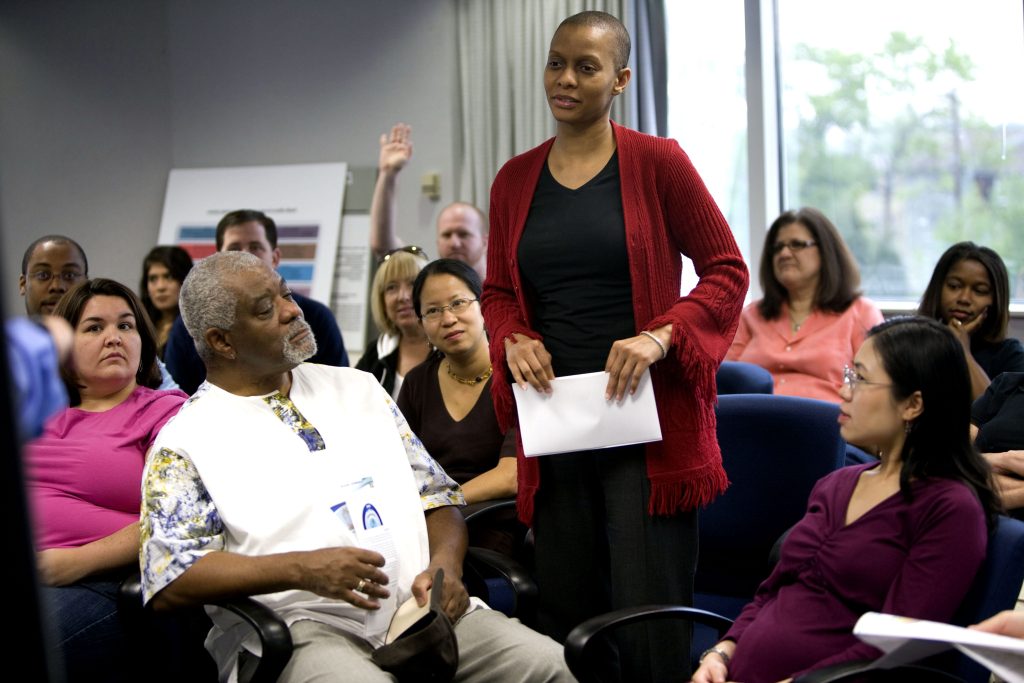
The stories of those seven womenand the communities that stand with themare not histories to be learned so much as roadmaps for a future in which healthcare is forward-thinking, empathetic, and fair. With the revolution for representation and mentorship still gaining speed, so does the promise that one day all patients, no matter their background, will be able to look up at their healers and see themselves. The revolution isn’t done; it’s only just begun.


